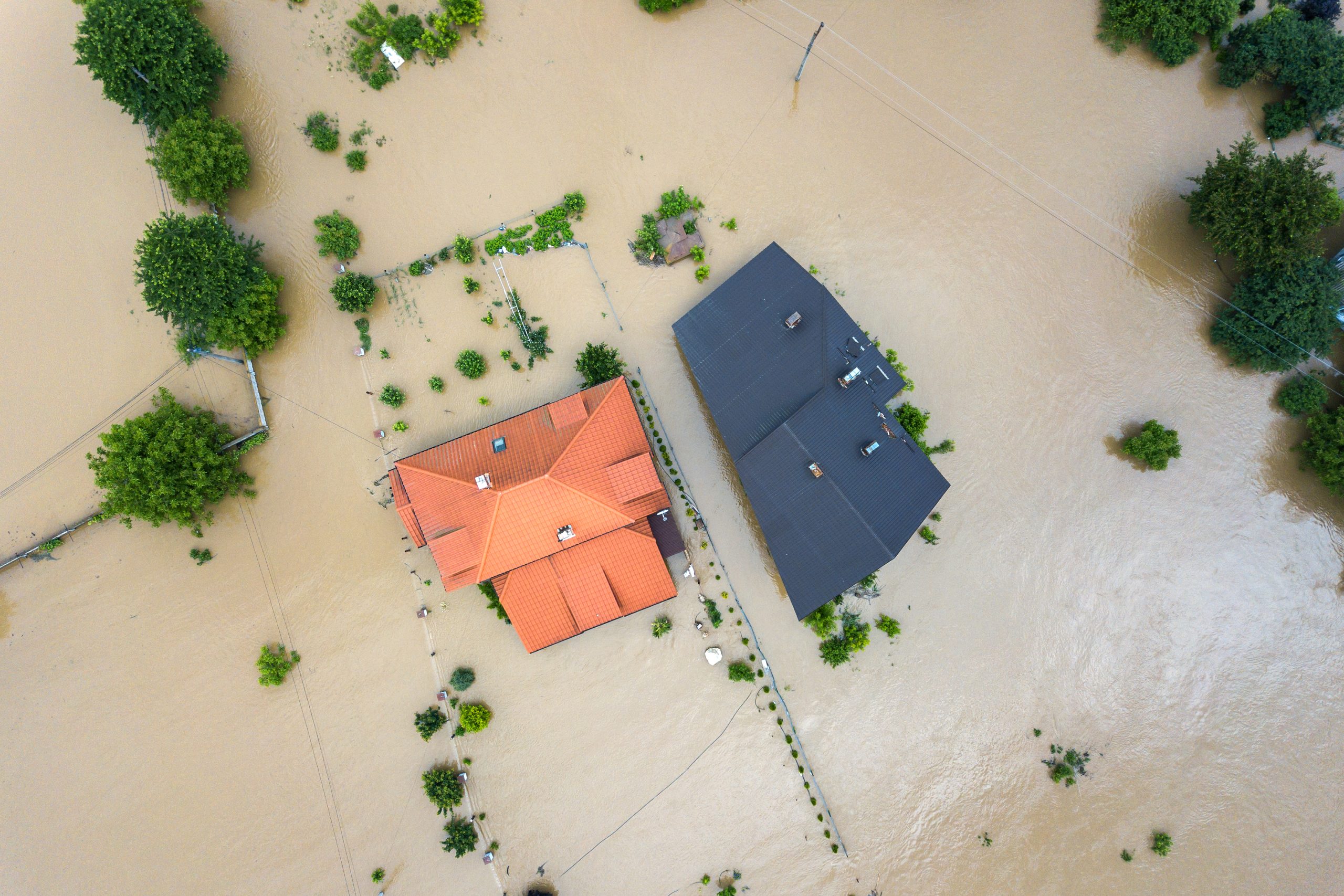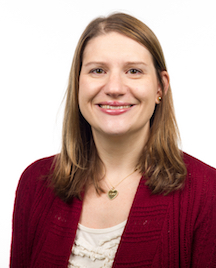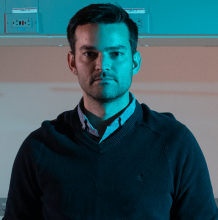Watch the below webinars on how to use the curriculum in the classroom. They are intended to act as a tool for educators to reference as they teach the lesson plan.

Using the Curriculum in the Classroom
Webinar 1
Causes of Sea-level Rise
Activity: What effect (if any) do melting sea ice and land ice have on sea-level rise?
Webinar 2
Introduction to the phenomenon of coastal flooding in the Savannah/Tybee area
Activity: Ft. Pulaski historical data- coastal flooding
Webinar 3
Sea Level Sensor Project + available data from sensors
Activity: Ft. Pulaski historical data- tides (connect back to sea-level rise, coastal flooding)
Webinar 4
Analyzing global sea-level and temperature data
Activity: Impact of increased amounts of carbon dioxide on global temperature- what can students do to help
Authors of the Curriculum

Jayma Koval, Ed.S.
Georgia Institute of Technology
